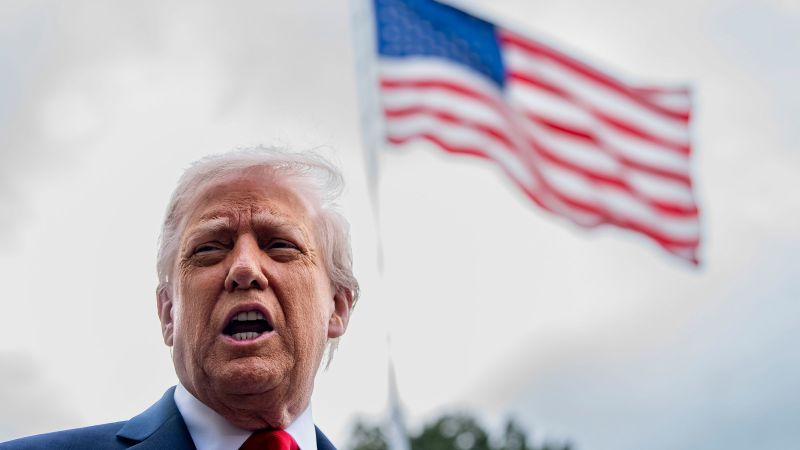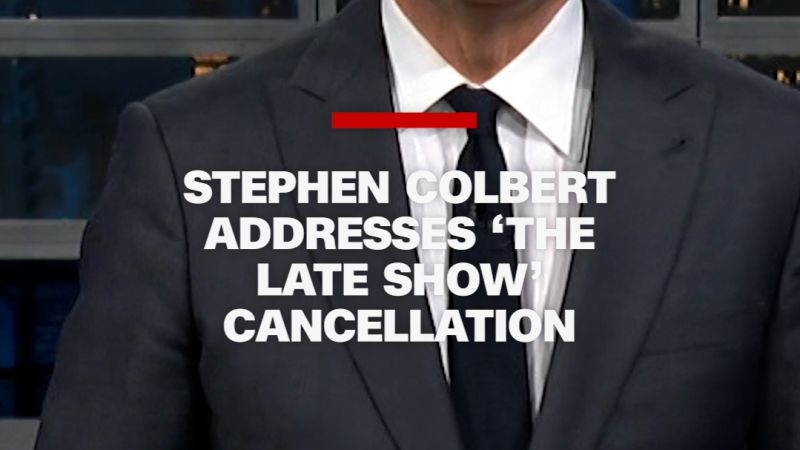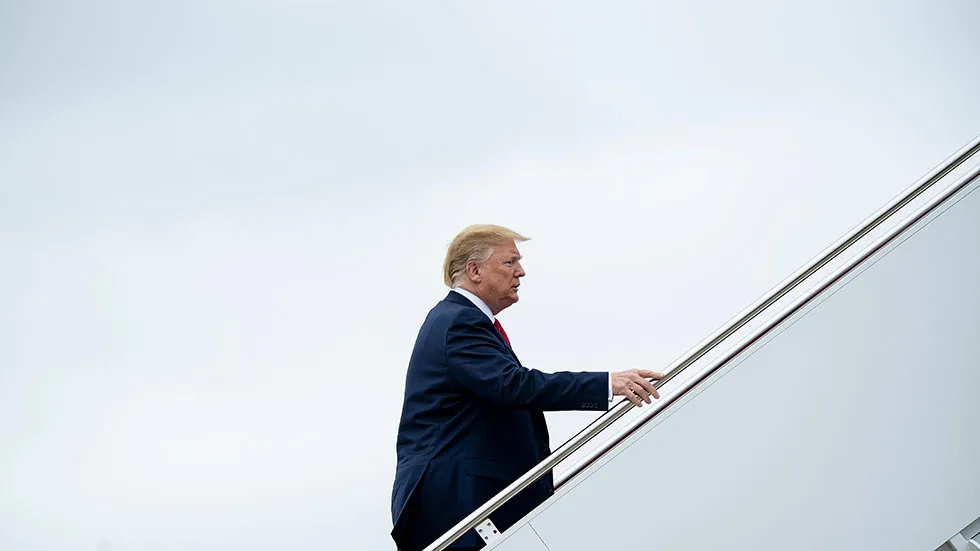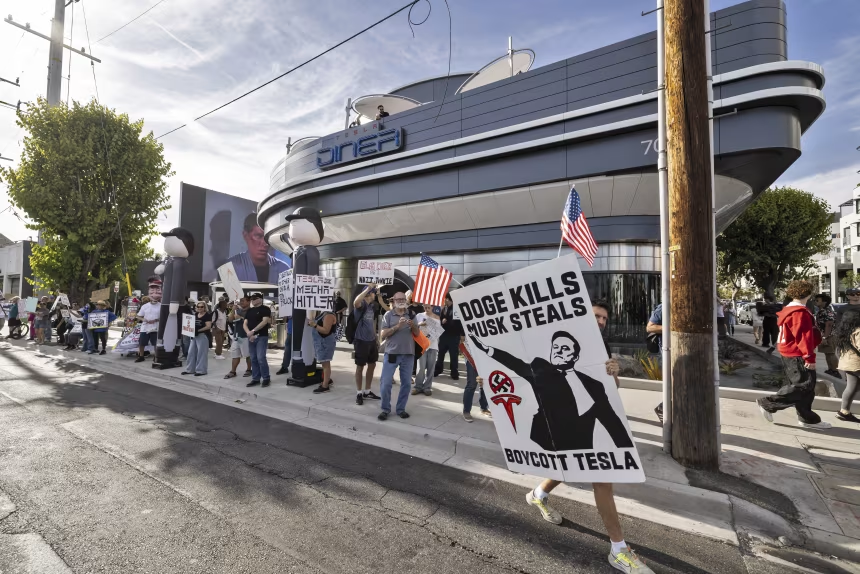
The Debate Over Free Speech and National Security
Opinion | 9/19/2025
President Donald Trump and key allies are currently minimizing the significance of safeguarding First Amendment rights, citing exigent circumstances that demand extraordinary actions. The Administration’s stance on free speech has shifted notably, raising concerns among legal experts and civil liberties advocates. A White House official, speaking on condition of anonymity, stated, “In times of crisis, certain limitations on speech may be necessary to ensure public safety and national security.”
This departure from the traditional emphasis on First Amendment protections has sparked debate among scholars and policymakers. While some argue that restrictions on speech are warranted during emergencies, others caution against eroding fundamental freedoms. Legal scholars point out that the Supreme Court has historically upheld broad free speech rights, even in times of crisis, emphasizing the importance of robust constitutional safeguards.
Critics view this shift in rhetoric as a potential threat to democratic principles and the rule of law. Concerns have been raised about the implications of weakening free speech protections, particularly in the current political climate. Despite the Administration’s assertions, many experts contend that preserving the First Amendment is crucial for upholding democratic norms and ensuring a healthy exchange of ideas in society.
The debate over the balance between free speech and national security is not new, but the current discourse underscores a growing tension between civil liberties and security interests. As the discussion evolves, it remains to be seen how the Administration’s stance on free speech will impact legal precedents and public discourse. The ongoing dialogue reflects broader societal concerns about the limits of government power and the protection of individual rights in an increasingly complex and interconnected world.


